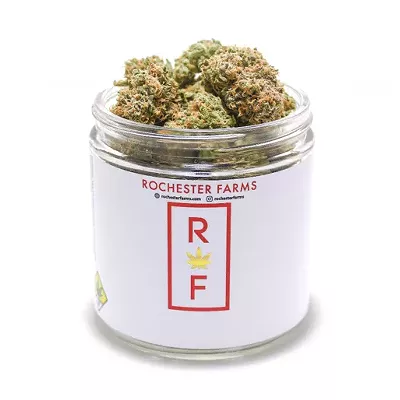Cannabis use across age groups is on the rise in the United States, and cannabis products might soon be on the move around the country as well, even across state lines.
YOUNG ADULT USE
The National Institutes of Health's Monitoring the Future study has been tracking the cannabis consumption habits of young adults, ages 19 to 30, in the U.S. since 1988. The recently released 2021 edition of the study found cannabis use was at an all-time high among people in that age group. Daily use, which the study defines as 20 or more times over 30 days, was reported by 10.8 percent of young adults, while monthly use was reported by 28.5 percent and use within the past year by 42.6 percent.
Over the past decade, yearly and monthly use numbers have risen among young adults by more than 10 percentage points, while daily use has climbed by more than 5 percentage points.
CANNABIS SURPASSES CIGARETTES
A poll conducted in July by Gallup found that just 11 percent of American adults reported smoking a tobacco cigarette within the past week, which is the poll's definition of being a tobacco user, down from 16 percent last year.
A separate Gallup poll found that 16 percent of Americans consider themselves to be regular cannabis smokers, up from 12 percent last year. This year's results show the highest percentage of regular cannabis smokers since Gallup began tracking the data in 2013, and it is the first time that Gallup has found that regular cannabis smokers outnumbered regular cigarette smokers.
INTERSTATE COMMERCE
Due to federal prohibition, the sale of cannabis products across state lines remains illegal even if the two states in question are both home to legal recreational markets. As a result, products available at dispensaries in Michigan or New Jersey are almost entirely different from those available in Washington or California.
That could be changing, however, as legislators in California and New Jersey have crafted bills that would allow for interstate commerce of cannabis products. The California legislation would allow for cannabis products to be sold from California to other states with legal markets, like Washington, and vice-versa. Both bills are contingent on assurance that the federal government will not attempt to enforce the laws that currently prohibit such commerce, similar to how the federal government has dealt with intrastate commerce of cannabis. ♦




















